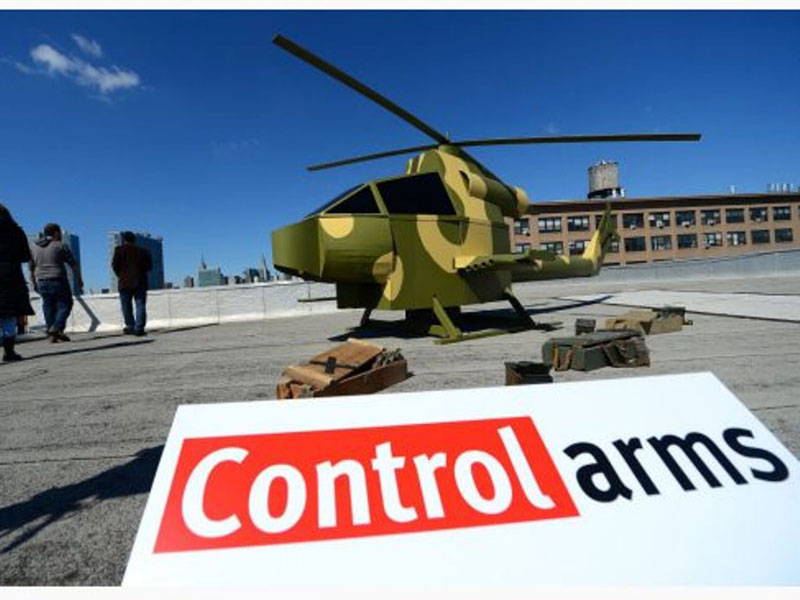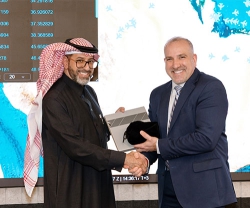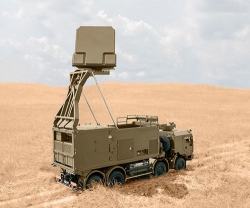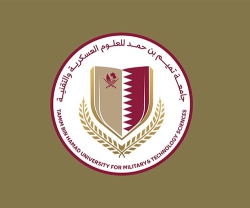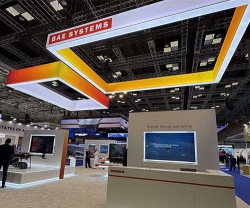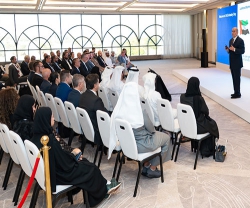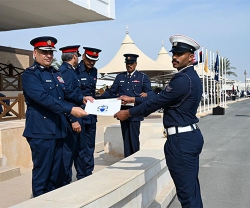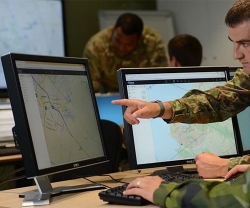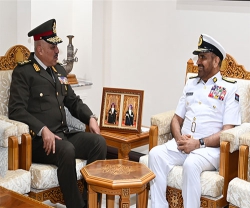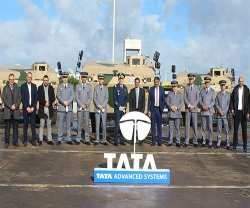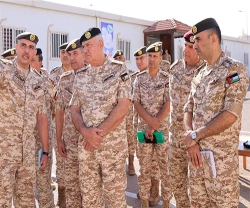Iran, Syria and North Korea on Friday prevented the adoption of the first international treaty to regulate the $70 billion global conventional arms trade, complaining that it was flawed and failed to ban weapons sales to rebel groups.
To get around the blockade, British UN Ambassador Mark Lyall Grant sent the draft treaty to Secretary-General Ban Ki-moon and asked him on behalf of Mexico, Australia and a number of others to put it to a swift vote in the General Assembly.
UN Diplomats said the 193-nation General Assembly could put the draft treaty to a vote as early as Tuesday.
UN member states began meeting last week in a final push to end years of discussions and hammer out a binding international treaty to end the lack of regulation over cross-border conventional arms sales.
Arms control activists and human rights groups say a treaty is needed to halt the uncontrolled flow of arms and ammunition that they say fuels wars, atrocities and rights abuses.
Iranian President Mahmoud Ahmadinejad had told Iran's Press TV that Tehran supported the arms trade treaty. But Iranian UN Ambassador Mohammad Khazaee told the conference that he could not accept the treaty in its current form.
“The achievement of such a treaty has been rendered out of reach due to many legal flaws and loopholes," he said. "It is a matter of deep regret that genuine efforts of many countries for a robust, balanced and non-discriminatory treaty were ignored.”
One of those flaws was its failure to ban sales of weapons to groups that commit “acts of aggression,” ostensibly referring to rebel groups, he said. The current draft does not ban transfers to armed groups but says all arms transfers should be subjected to rigorous risk and human rights assessments first.
Syrian Ambassador Bashar Ja'afari echoed the Iranian concerns, saying he also objected to the fact that it does not prohibit weapons transfers to rebel groups.
North Korea's delegate voiced similar complaints, suggesting it was a discriminatory treaty: “This treaty is not balanced.”
Russia and China made clear they would not have blocked it but voiced serious reservations about the text and its failure to get consensus.
If adopted by the General Assembly, the pact will need to be signed and ratified by at least 50 states to enter into force.
The point of an arms trade treaty is to set standards for all cross-border transfers of conventional weapons. It would also create binding requirements for states to review all cross-border arms contracts to ensure arms will not be used in human rights abuses, terrorism or violations of humanitarian law.
Source: Reuters; Photo: AFP

